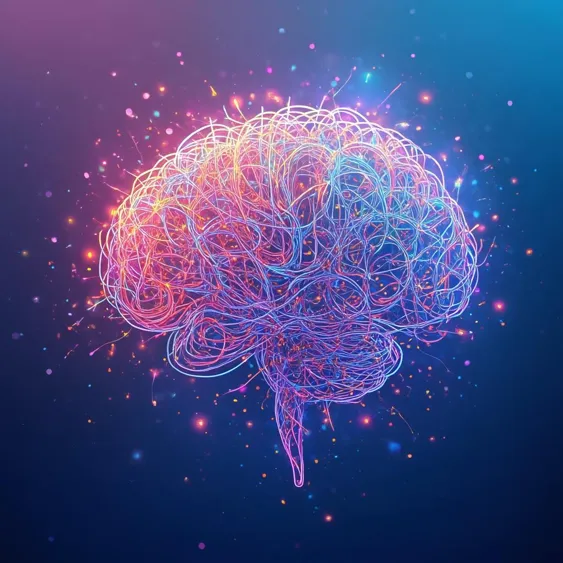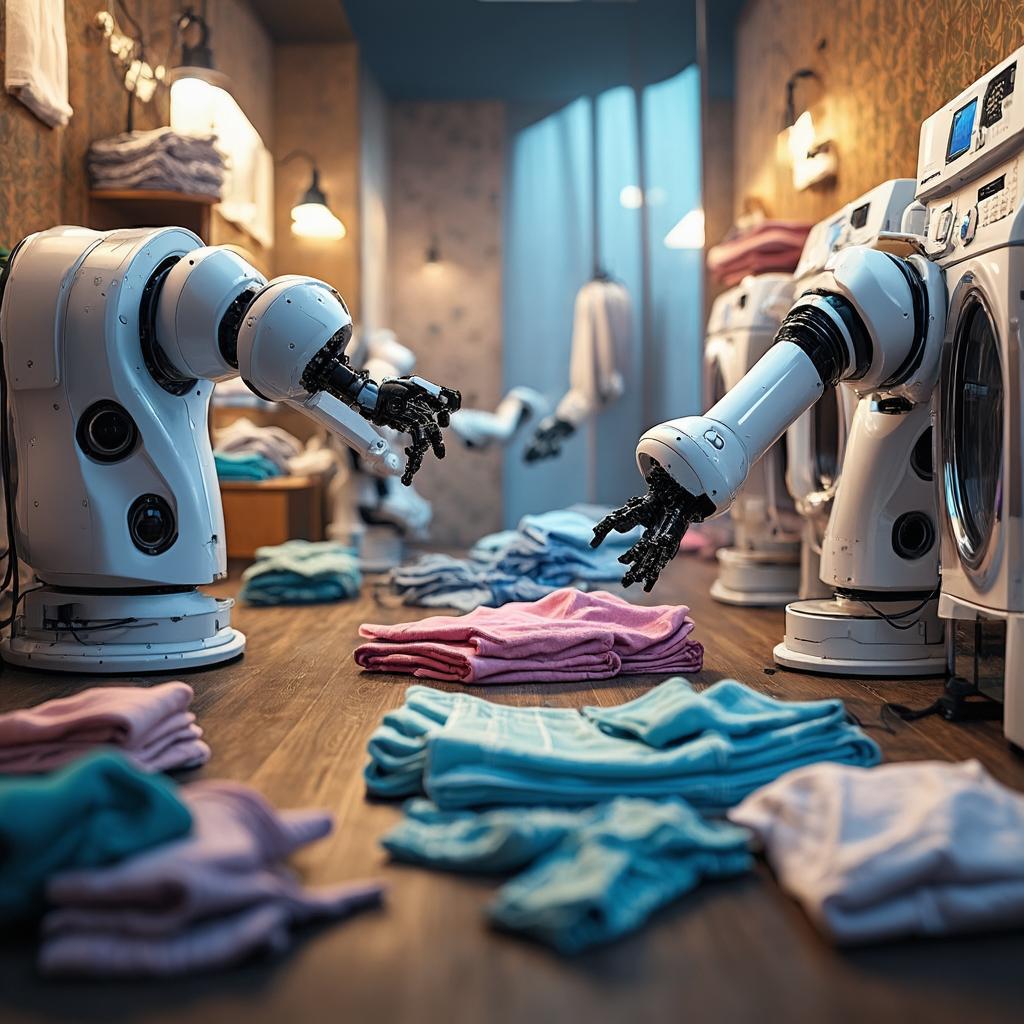AI Powers Real-Time Communication for Paralyzed Patients

The recent advancements in brain-computer interface (BCI) technology are not just fascinating from a scientific perspective; they hold the potential to significantly alter the lives of individuals with severe communication challenges. Ann Johnson, a 53-year-old teacher from Saskatchewan, Canada, who suffered a stroke in 2005 that left her nearly fully paralyzed, is now able to communicate in real-time using an AI-driven BCI that decodes speech directly from her brain activity. This leap towards enabling a voice for those trapped within their bodies is a profound development in both medical research and personal autonomy.
This remarkable technology operates by implanting a neural prosthesis that records signals from the brain's language motor cortex, bypassing damaged nerve pathways. In her clinical trial, Johnson initially faced an 8-second delay, which has now been reduced to just 1 second, thanks to advances that allow for real-time voice synthesis. The system can even personalize the experience by recreating Johnson’s own voice from past audio recordings, giving her a deeper sense of identity in her communication. The potential applications of this BCI technology extend beyond those with motor impairments. Envisaging wireless devices and digital avatars that mimic not just speech but also facial expressions, the research team aims to push the boundaries of human-computer interaction.
The implications of this technology are enormous, particularly for vulnerable groups who suffer from conditions like ALS or spinal injuries. With a focus on autonomy and privacy, this innovation represents not only a breakthrough in communication technology but a beacon of hope for many. As Johnson stated, she dreams of being able to help others regain their voices, showing just how transformative this technology could be in the landscape of rehabilitation and therapy. As we move closer to a future where BCI can seamlessly integrate into everyday life, one must ask: how will these advancements redefine our understanding of human communication?
Read These Next

AI's Future: Beyond Language
Commentary on Lin Dahua's insights regarding the future of AI, focusing on the necessity of transcending language for the development of true general intelligence.

Humanoid robot showcases AI-driven laundry folding skills
The article discusses the debut of Figure humanoid robots showcasing their ability to fold clothes, exploring the implications for the integration of advanced robotics in household tasks and cultural elements.

Health Talk Features Everyday Heroes Battling ALS
In honor of Global ALS Awareness Day, this Health Talk highlights patient and caregiver resilience and the fight against ALS.
